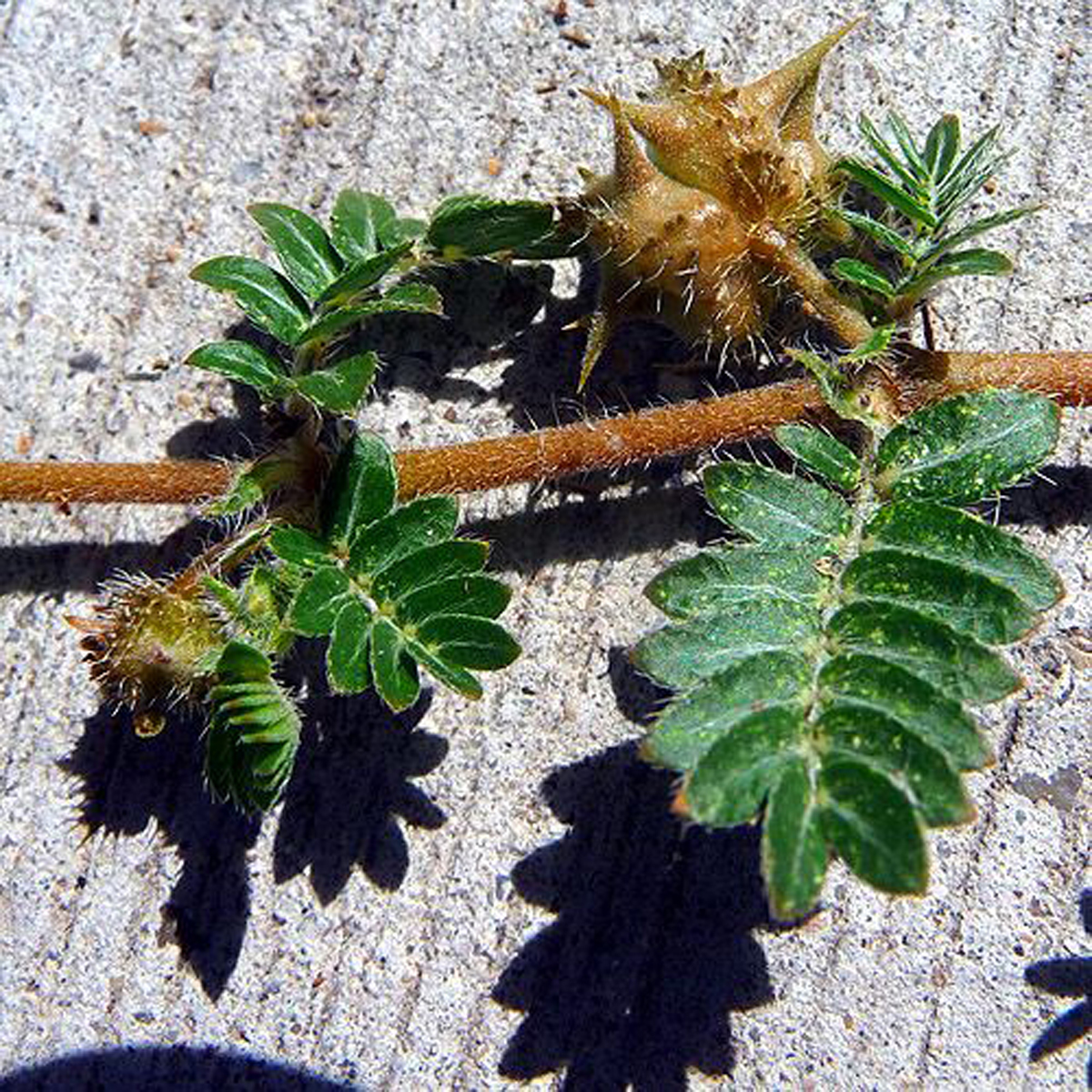By Laura Hanson — Jordan River Commission Receives $16,000 Grant for Puncturevine Management Along the Jordan River Parkway Trail
The Jordan River Commission announced recently that it is the recipient of a $16,000 grant, from the Utah Department of Agriculture and Food’s Invasive Species Mitigation Grant Program. The grant is specifically focused on the management of puncturevine (Tribulus terrestris), also known as goatheads, along the Jordan River Parkway Trail.

Management of puncturevine, and all invasive species, requires an integrated, three-step approach of: prevention, early detection and rapid response, and ongoing control and management. The Jordan River Commission leads several volunteer events along the trail each summer to prevent the spread of puncturevine to new areas, and to remove as much of the weed as possible once it has become established. The prevalence of puncturevine along the trail is significant in certain areas, and this grant will specifically focus on the area between 2300 South and 3300 South, where it has become a significant problem.
The grant includes funding for the purchase of:
- Volunteer supplies to support the Jordan River Commission’s ongoing volunteer weed pulls,
- Herbicides to spray areas of severe infestations,
- Hiring Utah Conservation Corps field crews to conduct chemical application and manual weed removal,
- Native grass seed for revegetation of cleared areas, and
- An experimental biological control treatment with puncturevine weevils,
- Production of a noxious weed field guide to help trail users identify and report noxious weeds.
Biological control is a weed management approach where insects that eat the targeted weed are used to reduce the noxious weed cover. All approved biological control species have been extensively tested in quarantine facilities on native plants, endangered plants, and any other plants related to or found in similar environments as the target weed. If a biological control lives on other plants, it is not approved for release. There are two species of puncturevine weevils that will be released along the Jordan River Parkway Trail, Microlarinus lareynlii, a seed weevil that burrows into the green seeds of the puncturevine plant rendering the seed non-viable and Microlarinus lypriformis, a stem weevil that eats the stem of the plant preventing it from growing larger. The weevils have not regularly been used in Northern Utah, as they cannot survive the winter freezing conditions. However, this grant will help determine the effectiveness of the biological control as a seasonal approach to managing puncturevine. Learn more about puncturevine and these biological controls here: www.goatheads.com.
While this grant is a great start, much more work will be needed over the coming years to effectively eliminate puncturevine from the Jordan River Parkway Trail. The Jordan River Commission is always looking for volunteers to help on various projects. There are four more clean-ups scheduled this summer that are open to the public. For more information visit: www.jordanrivercommission.org/volunteer.






